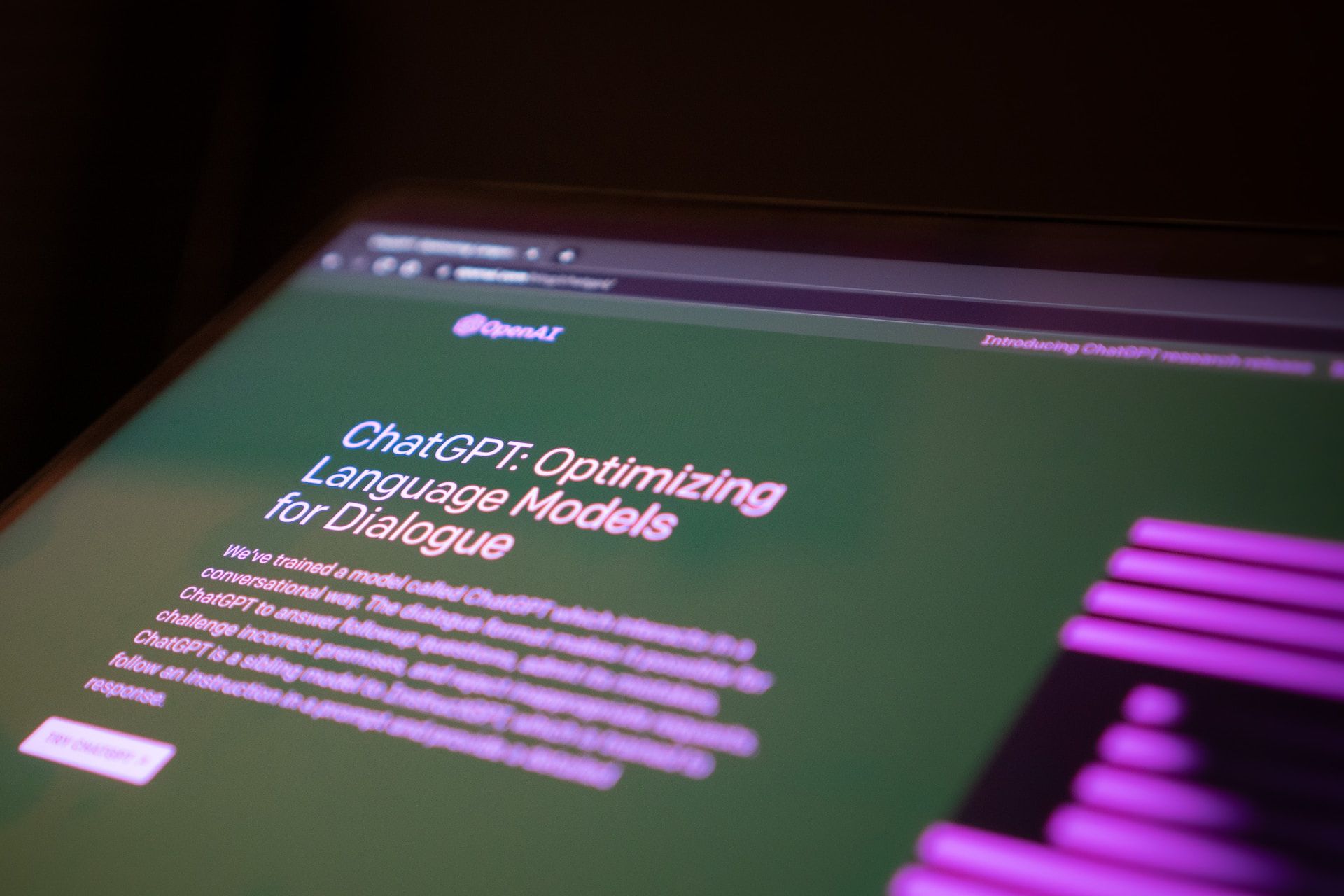Cut a good B2B marketer and they’ll bleed leads. Well, not quite, but lead generation and nurturing are often high on the list of B2B marketing priorities.
This means any tools that can make the process more effective and sophisticated will be of benefit to both marketers and the rest of the company. After all, companies with mature, sophisticated lead generation processes generate on average 133% more revenue than companies without them.
Many of the latest and greatest marketing tools are incorporating artificial intelligence (AI) in some way. We’ve previously covered how it can get rid of most of your busy work, or how it can help you personalize your marketing.
But in this article, we’re going to dig into using AI for:
- Building better lead lists
- Creating tailored outreach
- Analyzing lead generation performance
- Qualifying and scoring leads more effectively
- Nurturing your leads

Using AI to build better lead lists
Data enrichment
Make sure to turn your messy lead lists into sales gold with AI data enrichment. Rather than manually piecing together fragmented lead data, let smart tools like 6sense, Lusha, and Leadfeeder work their magic.
They’ll dig into incomplete records and cross-reference external databases to fill in missing details like email addresses, job titles, and phone numbers. After this, your sales team will have comprehensive lead profiles with everything needed to qualify, contact, and convert.
Lead scoring
Not all leads are created equal when it comes to sales readiness and revenue potential. Tools like Seismic, Exceed.ai, and Ocean.io analyze multiple data points to calculate an accurate hot lead score.
Leads that closely match your ideal customer get priority follow-ups, while lukewarm prospects drop in priority. Lead scoring ensures your sales team focuses on prospects truly likely to buy, not just any lead that comes along. Make sure to spend time selling, not guessing.
Creating tailored outreach with AI
Personalized content
Generic content doesn't cut it anymore. You need to leverage AI marketing platforms to get personal at scale. How? Analyze each lead to understand their needs and then use generated tailored emails with dynamic product recommendations.
Then, show web visitors specific offers based on their activity because when someone feels understood, they listen. This way, the AI delivers the 1:1 experience, while you build the relationship.

AI-powered follow-up messages
Nurture leads to the finish line with timely AI-triggered messages. Don’t let cold leads fizzle out due to a lack of follow-up. Platforms like Conversica and Drift clock every lead action and then respond with helpful information and recommendations at just the right times. With this, leads get answers to questions quickly, driving higher conversion rates. This helps you to focus on selling.

Scripts and call targeting
Let sales assistants that have AI like Gong and Chorus identify your hottest leads, booking them for immediate outreach. Voice analytics also help reps have better sales conversations by transcribing calls and refining talking points. These things will give your reps an upper hand to progress leads faster.
Analyzing lead generation performance with AI
You can also use AI to track lead quality, conversion rates, and sales cycle length. How? AI reporting dashboards can continuously analyze your lead gen performance down to granular details.
You can also utilize it to identify trends and optimize campaigns through AI-powered analytics. Sophisticated machine learning algorithms can process volumes of lead gen data to spot trends and patterns.
This intelligence allows you to optimize every campaign and channel for maximum ROI. You can shift budget and resources to the campaigns, offers, and segments yielding the best results based on AI analysis.
Qualify and score leads more effectively
At the end of the day, using just the number of leads generated as a KPI is nothing more than a vanity metric. If you’re generating leads that aren’t increasing your revenue, you aren’t getting much in terms of ROI when it comes to your lead-generating activities. What you need to be shooting for is sales-qualified leads (SQLs).
SQLs are leads who have moved through your marketing funnel, and either head to purchase on your site, or are ready to have their details passed onto your sales team.
AI can use predictive analysis to identify the prospects most likely to become SQLs. Allowing you to focus your marketing activities on them and not waste time and resources on leads that are more likely to go cold.
You can also use AI to score your leads. Lead scoring is the process of analyzing prospects and assigning them a score based on how likely they are to become sales-qualified and how valuable they could be to your company in terms of lifetime customer value (LTV). With this knowledge, you’ll be able to decide how much resource it’s worth assigning to nail that score.

But leads rarely come to you already sales-qualified, no matter how high a score you’ve assigned them (would that it was so simple). Rather they take some nurturing to push them through your marketing funnel. And AI can help with that too…
Nurture your leads
Nurturing is an all-too-often-neglected part of the lead generation process. Companies often put far too much focus on top-of-funnel activities, despite the clear efficacy of having defined lead nurturing processes in place.
Nurtured leads generate 10% greater sales opportunities as the leads are more sales-ready. The most effective companies at nurturing leads can generate 50% more sales for a third of the cost, and nurtured leads can spend up to 47% more than unnurtured.
AI can allow you to generate more effective lead nurturing processes by using predictive analysis to produce personalized buyer journeys for each customer.
The predictive analysis can use a combination of different data:
- Data on the prospect: What type of buyer persona does the prospect fit, and how similar are they to your current customers? Your AI can develop a buyer journey that’s worked with similar customers.
- Behavioral data: What content has the prospect been engaging with, or what products have they been browsing? With this information, AI can create a journey that reflects the ways they’re interacting with your brand.
You could even use a combination of both sets of data. With this analysis, AI will be able to recommend relevant content to the customer, schedule email updates, and create a timeline for when and how the sales team should touch base with the prospect.

Final thoughts
Now, most of what we’ve described above could be done without an AI. However, analyzing and interpreting all that data, and developing a model from the results, is an extremely long-winded, complex, and mind-numbingly dull process for humans to tackle.
Much easier to pump all that data into an AI engine and let that take care of the process on a timescale that can be measured in minutes rather than hours (or even days). You and your team will then have more time to find creative ways to utilize the results and models your AI produces.
Because it’s also worth noting that AI won’t produce a fully-fledged marketing campaign for you to use. However, it can provide you with the tools and information to create more sophisticated, targeted marketing.
You’ll be able to generate not just more leads, but better leads that are more likely to become SQLs using data-driven processes, rather than relying on interpretation and gut instinct.
What applications are you interested in for AI in revenue marketing? Are you already achieving great things with its help? Share them with the Revenue Marketing Alliance Community!




 Follow us on LinkedIn
Follow us on LinkedIn



